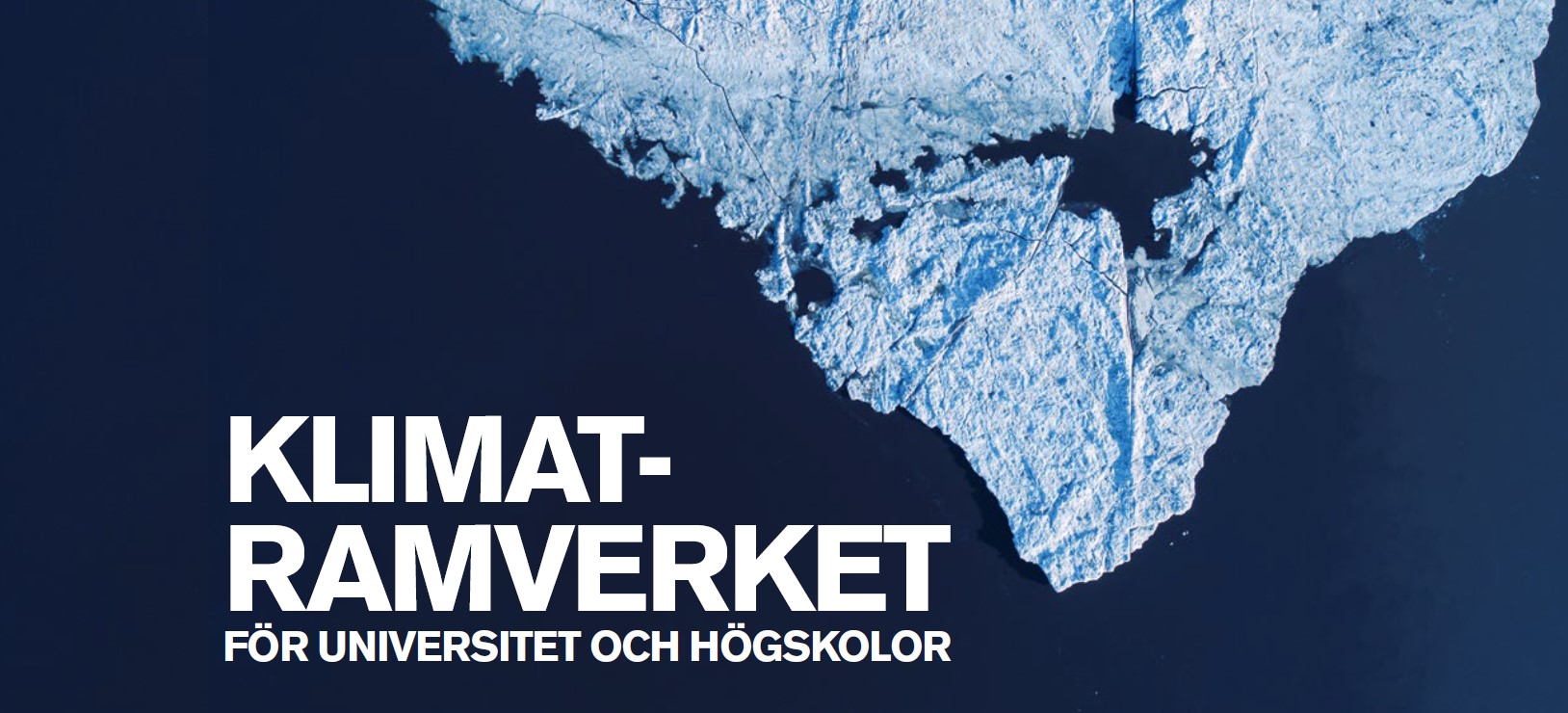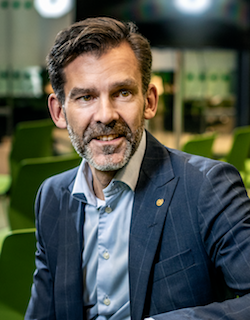Higher ed institutions’ climate initiative awarded

The 37 Swedish universities and colleges that have signed the Climate Framework have been awarded for their systematic work on driving the climate change adaptation while also reducing their own emissions. The organization behind the award is the International Sustainable Campus Network, ISCN.
“This is a recognition that we are on the right track. It is also a reminder of the importance of the climate crisis and that we must work both with urgency and for the long term,” says Göran Finnveden, Vice President of Sustainable Development at KTH Royal Institute of Technology.

“Yes, it really is quite incredible how a conversation over coffee in November 2018 could lead to both a fine turnout from Swedish Higher educational institutions, and to international recognition in the form of this award,” says Fredrik Hörstedt Vice President for Utilisation at Chalmers University of Technology.
The motivation for why the Climate Framework receives the Whole Systems Approach Award, which is awarded for an outstanding example of excellence in implementing holistic approaches to sustainability within Higher Education Institutions. The jury also emphasizes the great contribution to sustainable development that can be made by the sector through collaboration.
How important is the award for the spread of similar collaborations internationally?
“We hope, of course, that this will be an inspiration to others as well. Through our international networks there is also an opportunity to lift it into different contexts,” Göran Finnveden says.
The Climate Framework, created at the initiative of KTH and Chalmers, was launched at the end of June 2019 and has been signed by the Presidents of the 37 institutions that are included. The idea is that the Climate Framework should permeate all operations and the universities and colleges included shall, among other things:

- Research on climate change; both about how it can be mitigated and how we can adapt to handle it.
- Educate citizens and leaders who can implement the transformations.
- Develop solutions that can reduce the emission of greenhouse gases, lower the concentration of these in the atmosphere, and participate in the implementation of these solutions.
- Spread the knowledge that is generated.
- Develop a clear climate strategy for their own operations with the goal of being in line with the 1.5-degree target in 2030.
Are you satisfied with how far the Swedish higher education institutions have come?
“Different universities have different conditions. When we did a review last fall, it was obvious that it differed how far each educational institutions had progressed. During the spring new workshops will be held and it will be exciting to see how the situation is then,” Finnveden says.
What is the next step?
“To see how coherence and discussions can be created around the universities' strategic work with the climate issue to stimulate the exchange, learning and dissemination of good examples. The Swedish University Association, SUHF has initiated this,” Hörstedt says.
Jill Klackenberg
Links:
International Sustainable Campus Network
Related information
(article on KTH.se)
Climate framework for Swedish universities (Chalmers.se)
Universities create framework for climate strategies (article on Chalmers.se)
